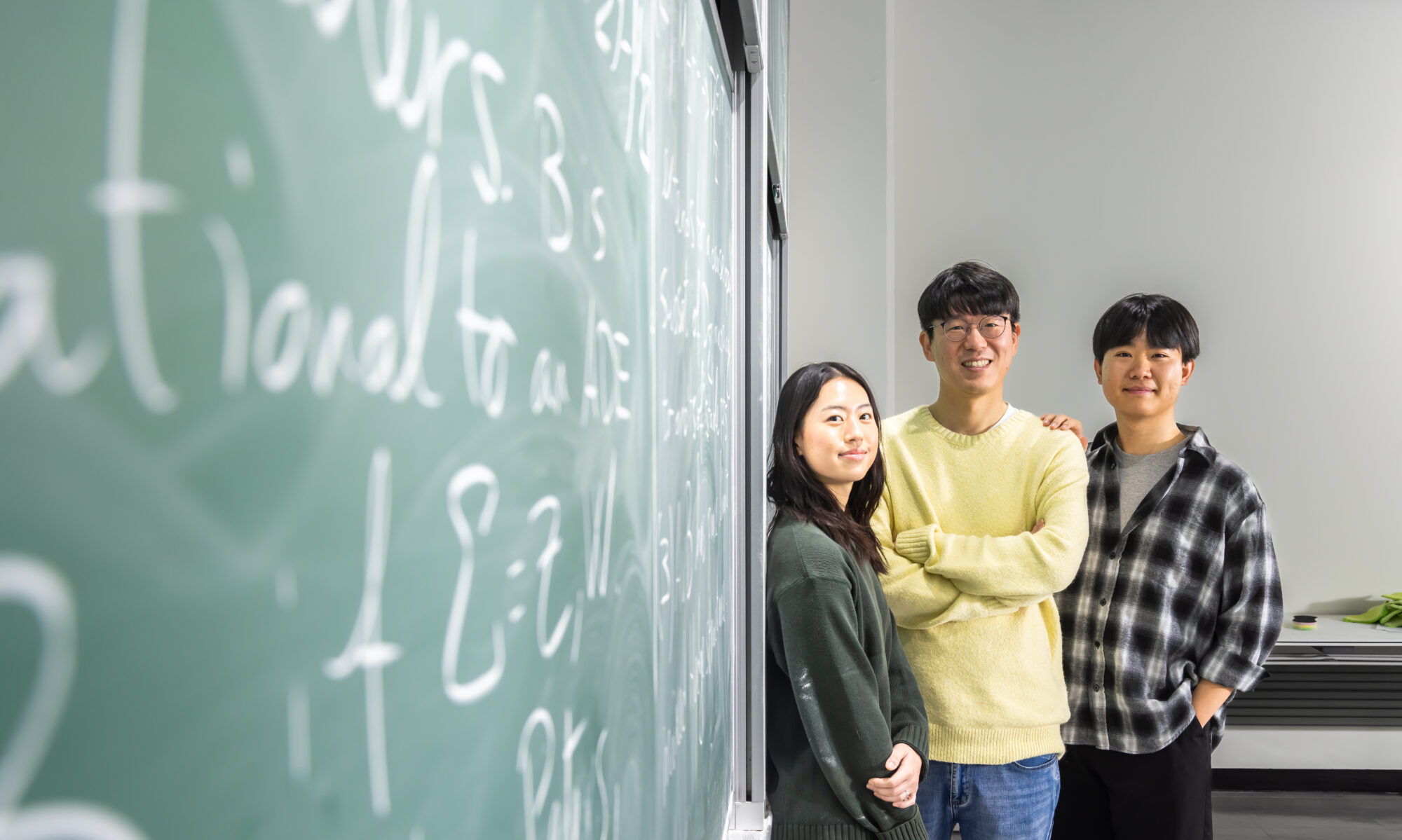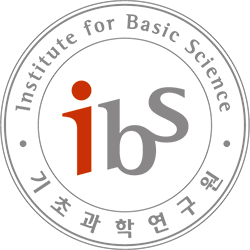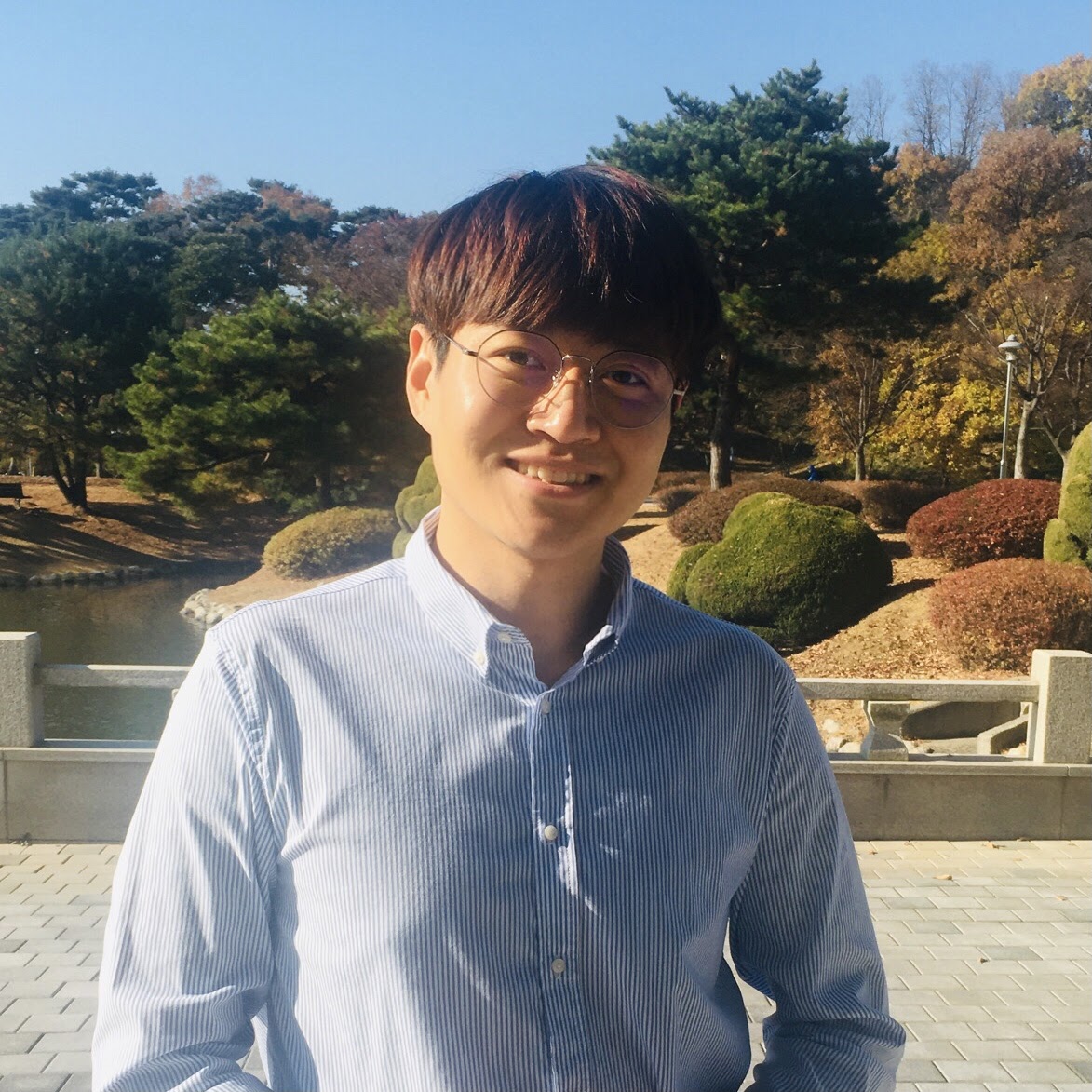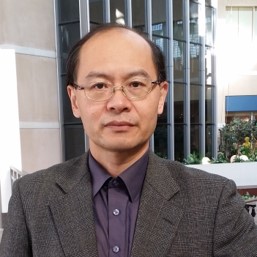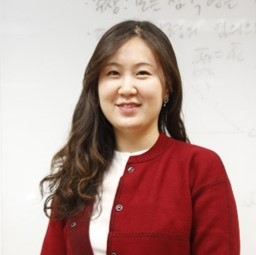Seokjoo Chae, Unified rational protein engineering with sequence-based deep representation learning
Tea Room, IBS Daejeon, Daejeon, Korea, Republic ofIn this presentation, we are going to discuss the paper, "Unified rational protein engineering with sequence-based deep representation learning" Abstract Rational protein engineering requires a holistic understanding of protein function. Here, we apply deep learning to unlabeled amino-acid sequences to distill the fundamental features of a protein into a statistical representation that is semantically rich …
